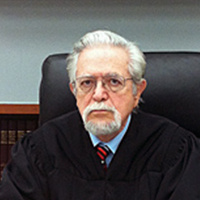 Brawley Construction Lawyers, California
Brawley Construction Lawyers, California
Sponsored Law Firm
-
 x
x

Click For More Info:
-
Law Offices Of Anthony Abbott
375 S. Rancho Santa Fe Rd. 105 San Marcos, CA 92078» view mapReal Estate Over 50 Years Of Experience
The Law Offices of Anthony Abbott has been working for the people in the great state of California for over 50 years.
800-497-8821
Includes: Construction Contracts, Construction Liens, Housing & Construction Defects
Not enough matches for Brawley Construction lawyer.
Below are all Brawley Real Estate lawyers.
Lawyers
1-2 of 2 matches
Real Estate, International, Trusts, Business



 Anthony Abbott San Marcos, CA
Anthony Abbott San Marcos, CA